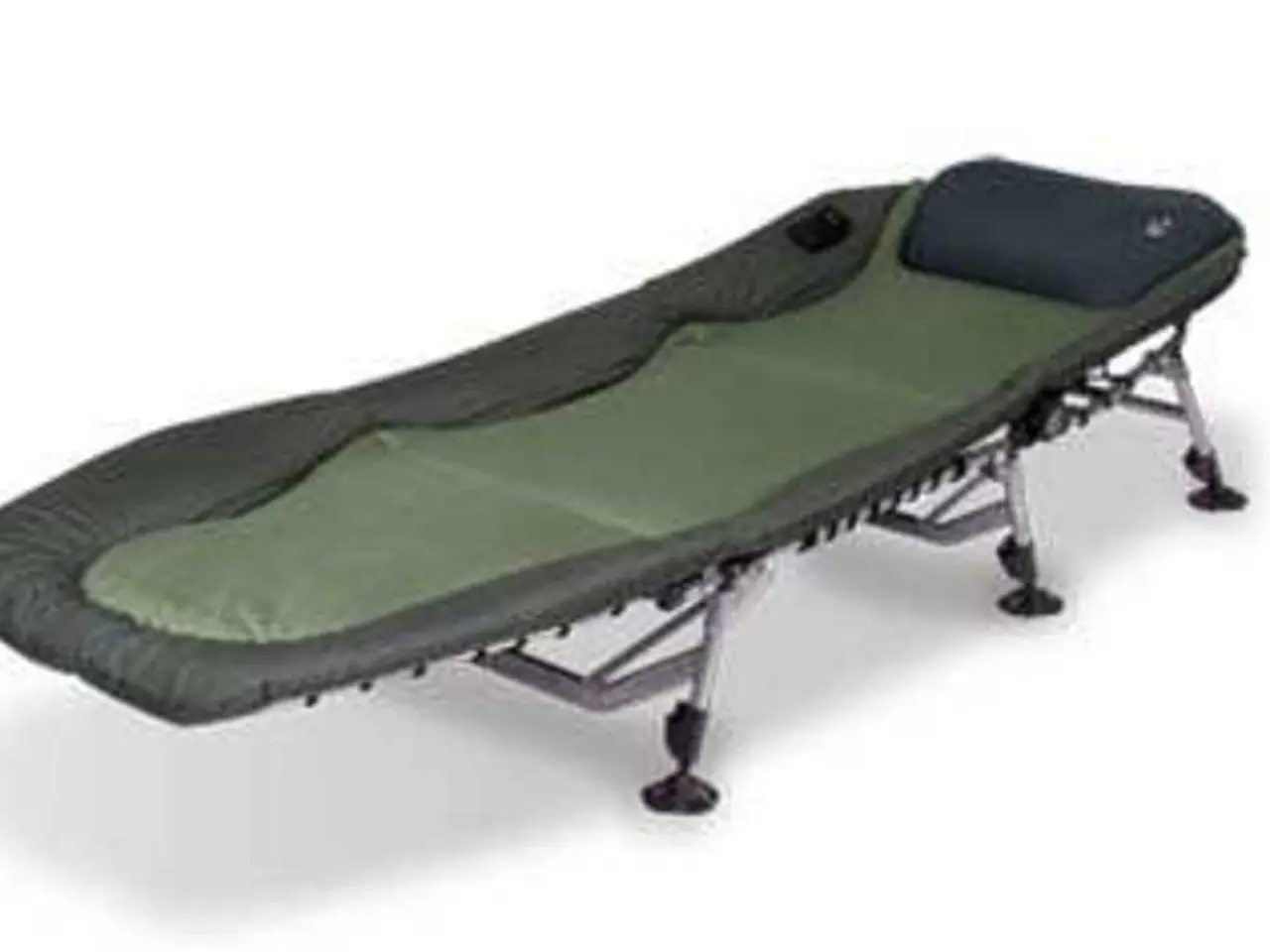Struggling Staff Situation in Schleswig-Holstein's Medical Practices
Numerious doctors' offices within Schleswig-Holstein face a shortage of staff. - Numerous healthcare facilities in Schleswig-Holstein are struggling with insufficient staffing.
In the heart of Schleswig-Holstein, the medical sector is reeling under a staff shortage, particularly for Medical Assistants (MFAs). This predicament is causing quite a stir among healthcare professionals.
As things stand, 14,929 MFAs are part of Schleswig-Holstein's medical workforce, as per the Association of Medical Professions. However, their numbers are expected to dwindle due to the upcoming retirement of the baby boomer generation and the increased demand for MFAs to assist doctors.
The Association's president, Hannelore König, has shed light on the worsening plight of MFAs. She explains that many are leaving the profession due to low pay, overwhelming daily stress, and inadequate remuneration compared to other health-related professions.
Jens Lassen, chairman of the House Doctors' Association Schleswig-Holstein, echoes the sentiments. He adds that MFAs play a vital role in practices, and their absence significantly impacts daily operations. Despite the need for MFAs, Lassen couldn't provide specific figures of practices desperately seeking their services.
The lack of MFAs directly impacts practice performance and patient care, leading to increased workload for doctors, limitations in services, and extended waiting times. Delf Kröger, spokesperson for the Association of Statutory Health Insurance Physicians Schleswig-Holstein, expressed the severity of this issue, stating it is a pressing problem that weighs heavily on doctors' minds.
Not just Schleswig-Holstein, but various specialties feel the effect of the staff shortage, with doctors facing stiff competition from hospitals that offer better conditions. Kröger underscores the importance of adequate funding for medical practices to enable them to pay competitive rates and attract skilled workers.
If the competition distortion for MFAs between medical practices and hospitals isn't addressed, the shortage in medical practices is likely to worsen, especially in urban areas and those near hospitals. The Federal Employment Agency's 2023 regional labor market analysis for the Schleswig-Holstein/Hamburg region also points to a potential staff shortage, with four out of six criteria indicating a deficit.
To mitigate the impact of the staff crunch, König suggests increasing wages for Medical Radiation Technologists (MRTs), who face the same level of responsibility for patients despite comparable work conditions. She proposes the government co-finance these wage increases and incorporate them in the funding of services provided by physicians in private practice.
Finding solutions for staff shortages in medical practices requires a multi-faceted approach, including increased training programs, competitive salaries, flexible learning options, and international recruitment. Similar solutions are being adopted by other healthcare professions like nursing, leveraging philanthropic efforts, collaborative giving models, and addressing language barriers.
By implementing these strategies, Schleswig-Holstein's medical practices can make their workforces more sustainable and ensure the continued delivery of quality healthcare.
Medical PracticeSchleswig-HolsteinSchleswigHolstein
In light of the staff shortage in Schleswig-Holstein's medical practices, particularly for Medical Assistants (MFAs), it is crucial to consider implementing vocational training programs to attract and retain capable individuals. This could be in collaboration with science-based educational institutions, focusing on health-and-wellness and medical-conditions to equip MFAs with the necessary knowledge for their roles.
Expanding community policy discussions to include the importance of offering competitive salaries and benefits, such as vocational training opportunities, can help alleviate the burden on MFAs and other healthcare professionals in Schleswig-Holstein, ultimately contributing to improved health-and-wellness outcomes for all.




